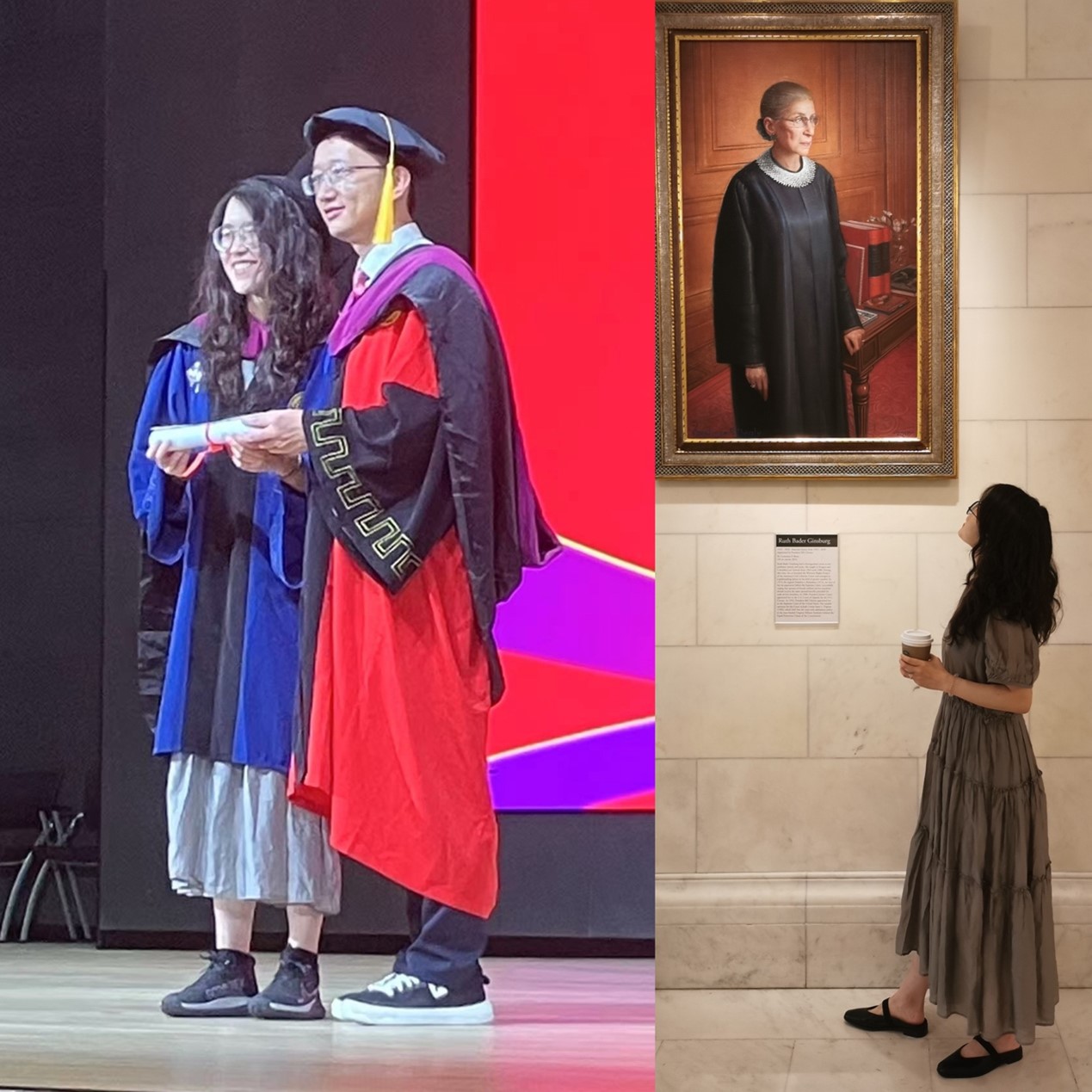Editor’s note: This article is part of “Graduation 2025” series, which features select graduates recapping their journey through PKU as they look forward to the future.
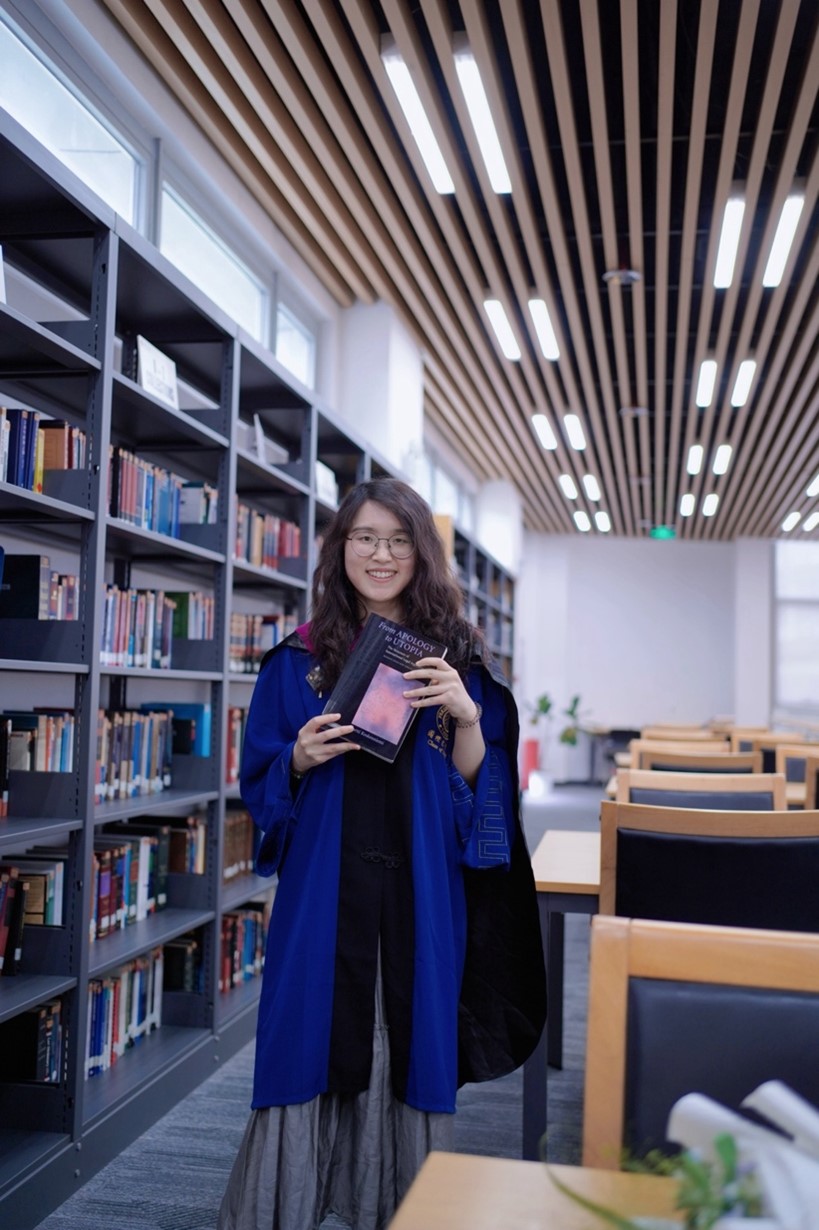
Peking University, June 19, 2025: Recently, I encountered two philosophical terms that resonated deeply with me: Entschlossenheit and Gelassenheit.”
The first, Entschlossenheit, is often translated as “resoluteness.” It reflects a determined, engaged stance toward life—the will to act with intention, to shape one’s path with purpose and conviction. The second, Gelassenheit, is harder to translate. It conveys a sense of calm release—of letting things unfold without imposing one’s will. It’s a state of openness, of allowing the world to reveal itself on its own terms.
My time at the Peking University School of Transnational Law (STL) has slowly guided me from the first toward the second. I arrived brimming with Entschlossenheit—eager to define my path, to pursue every opportunity with focus. But over the years, I began to discover the quiet strength of Gelassenheit. I learned to sit with uncertainty, to make room for the unexpected, and to recognize that not everything needs to be solved, controlled, or acted upon.
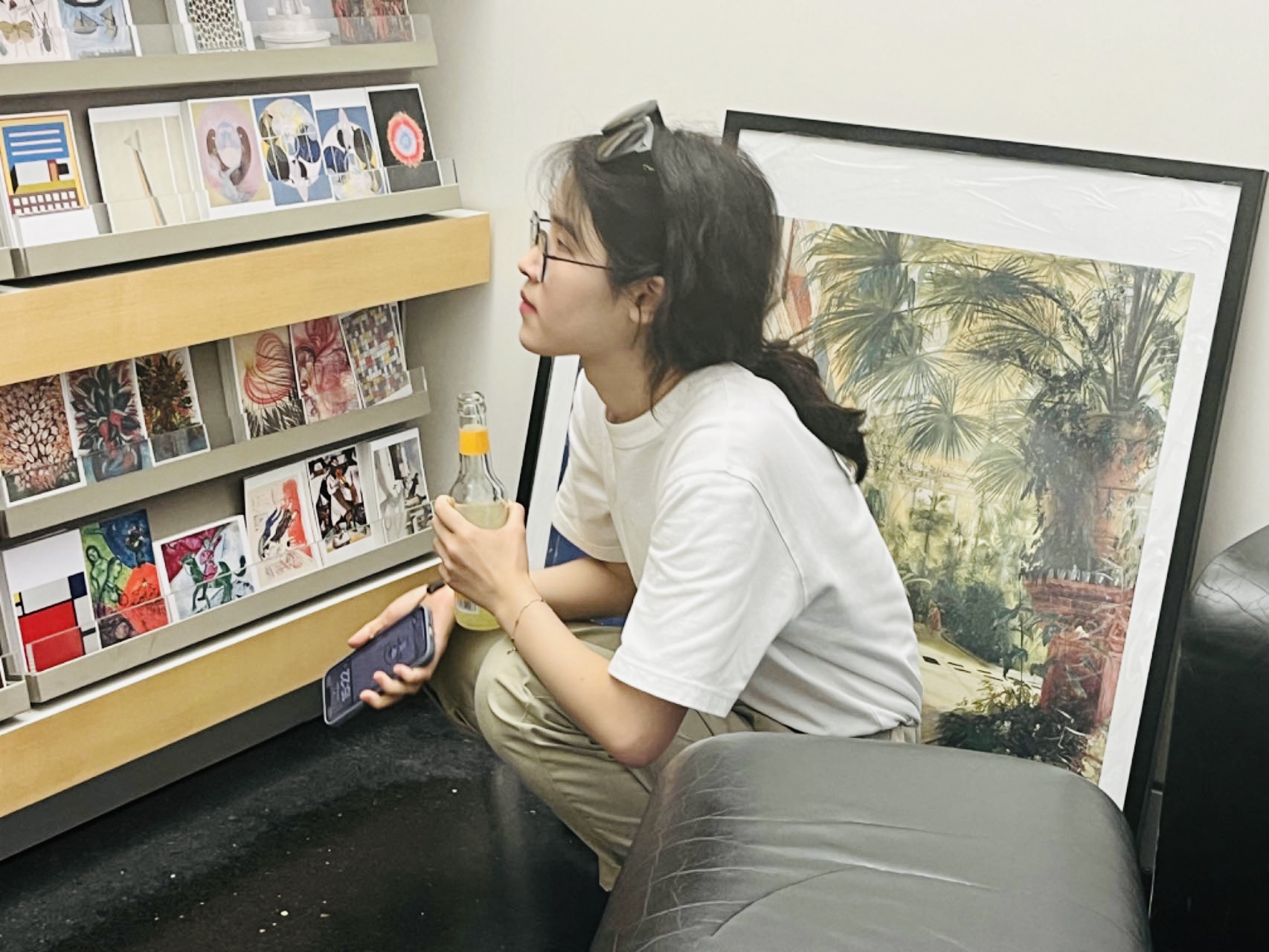
The shift is still ongoing. Perhaps it always will be. But I’ve come to recognize—and even embrace—the tension between resolve and release, between effort and acceptance.
If I had to use a single word to describe my STL experience, it would be “visiting student.” Friends often joked that I moved through STL like a visitor—always slightly detached, rarely entrenched. Over time, though, I came to treasure that perspective. To be a visitor is not to be indifferent—it is to be present. When we know our time in a place is limited, we pay closer attention to what we experience. We savor, not possess; we appreciate, not control.
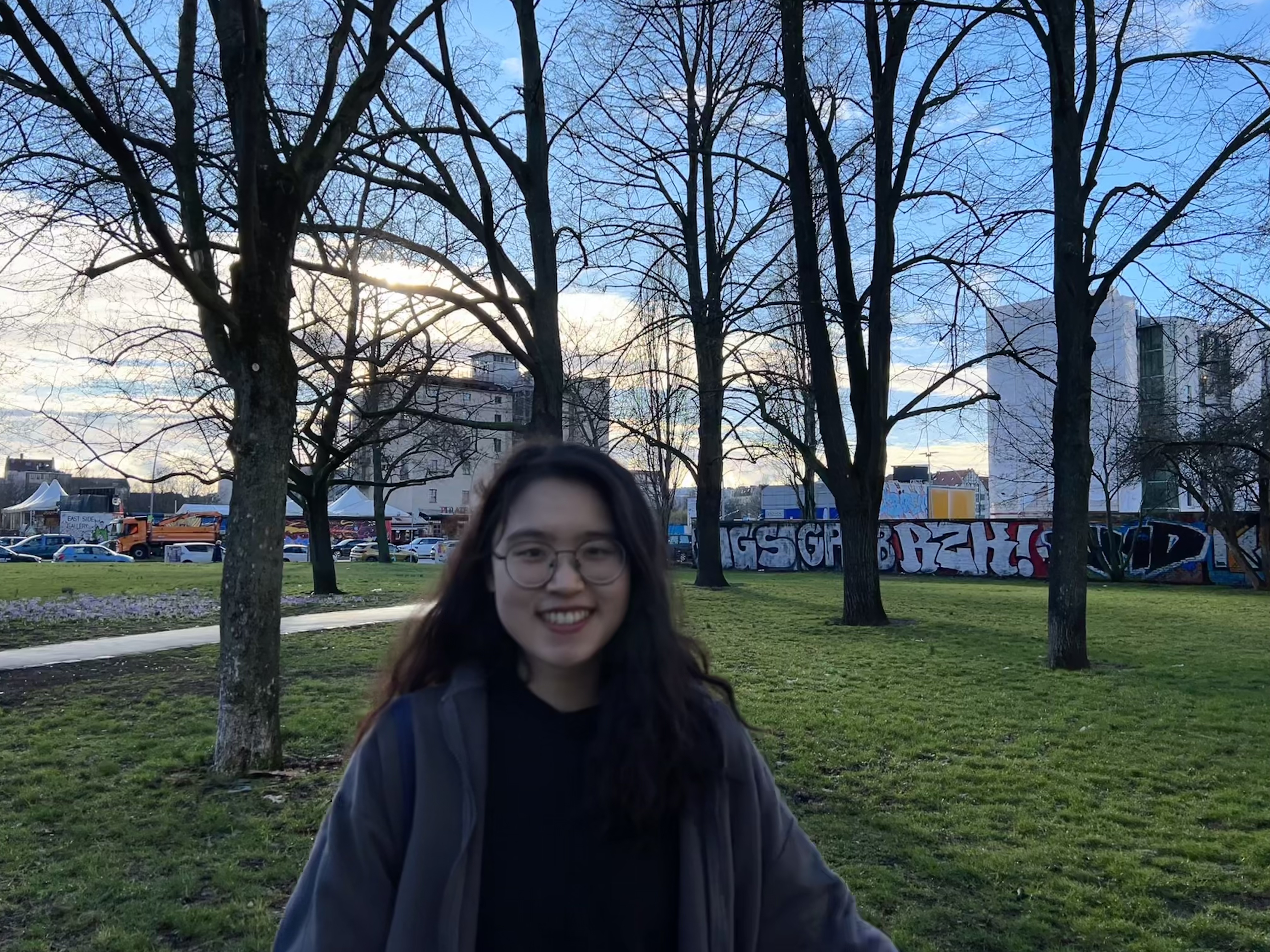
This mindset crystallized during my EAP exchange program in Berlin. I had hoped for a semester of reflection and clarity—a chance to slow down and explore my academic interests with leisure. But it turned out to be one of the busiest, most demanding chapters of my life. The language barrier, the cold weather, the long commutes—all conspired to lock me inside libraries, studying beneath unfamiliar skies.
Time moved quickly through packed agendas. In the final two weeks before returning to China, I was overwhelmed. I had no clear roadmap for what came next. Everything—PhD applications, career decisions—felt distant and uncertain. That’s when a friend told me something I’ll never forget: “Two weeks can be short or long—it depends on how you define them. If you expect to decide your future in two weeks, they’re far too short. But if you treat them as pure experience, they’re a gift. You’re on break in central Berlin. That alone is extraordinary.”
He was right. I didn’t race to check off landmarks like a first-time visitor in Berlin. Instead, I met up with friends, took long walks, and allowed myself to slowly say goodbye to the city. In the end, I carried the visitor’s mindset back home with me.
Sometimes I wonder: Why do we often feel freer in a foreign city, even when daily life is difficult? Perhaps it’s because visitors surrender the illusion of control. We know our time is limited, so we stop trying to orchestrate everything. We no longer expect every step to lead somewhere, or every phase of life to produce immediate achievement. When we stop forcing meaning and allow it to arrive, life returns to its original shape—fluid, contingent, alive.
“Life isn’t happening to you. It lives through you.” I’m not sure if I made up that line or read it somewhere—but either way, it feels true.
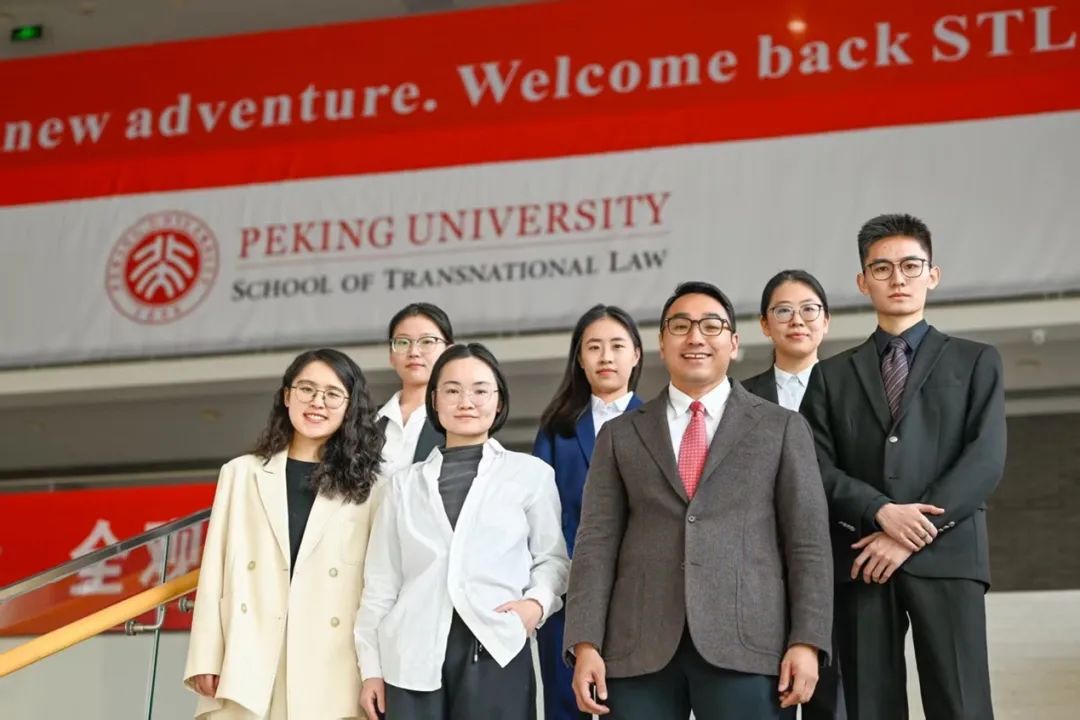
One of my professors at STL once told me, “It’s hard to perceive the impact of an experience while we’re still in it.” Now I understand what he meant. These experiences are more like ripples on water—slow, formless, but constantly spreading outward. Over the course of a finite life, they shimmer.
I may not yet feel the full impact of my PKU years, but I trust the ripple is there. It will reach me in time.
What I can say with certainty is this: at PKU, I gained courage and resilience that will carry me everywhere, and bonds that will sustain me anywhere. For that, I’m grateful.
I hope someday, somewhere, we meet again—on the road, in the water’s ripple.
